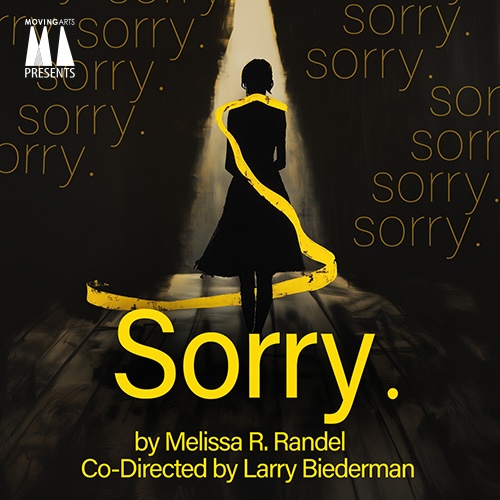Michelle Krusiek (Photo by Doug Catiller)
Reviewed by G. Bruce Smith
Chance Theater
Through June 8
RECOMMENDED
There is so much of American history that is hidden from view. Fortunately, Lloyd Suh’s The Chinese Lady, receiving its regional premiere at Chance Theater in Anaheim, sheds light on the unusual story of a woman who is believed to be the first Chinese female to set foot in the U.S. The show is a sometimes humorous, sometimes disturbing, and ultimately poignant re-telling of Afong Moy’s journey.
Afong (Michelle Krusiec) was brought to the U.S. in 1834 at the age of 14, by Nathaniel and Francis Carnes, exporters of porcelain and other Chinese goods, and made the subject of a “living exhibit” in their museum in the Midwest. Afong performed everyday tasks on a stage designed to be vaguely “Oriental,” attracting audiences because of her exoticism but also, ostensibly, to promote intercultural awareness.
With the help of her Chinese male interpreter, Atung (Albert Park), she demonstrates eating with chopsticks, walks in her bound feet, and muses on the history of tea as she drinks a cup. There is something freakish about this performance (and, indeed, she is later sent to P.T. Barnum’s Museum), but Afong — despite her young age and being thrown into a foreign culture — is brimming with idealism. She believes that she can demonstrate that despite surface differences, the Chinese and Americans share many similarities.
She becomes famous, and her unique exhibit travels to other cities on the East Coast – Philadelphia (where she waxes poetic on the Liberty Bell), Baltimore (which to her ears has a lovely sound) and Pittsburgh (where she enjoys emphasizing the final syllable of the city’s name).
She even gets a meeting with President Andrew Jackson (also played by Park), and is filled with youthful enthusiasm as she hopes to impart her sincere belief that the two countries can understand each other’s similarities. But what she doesn’t know (in what is a powerful and moving scene) is that Atung, acting as translator between her and Jackson, hides the President’s creepy fascination with and objectification of Afong’s exotic “Orientalism.” He even asks to touch her feet.
Afong’s journey to America was supposed to last only two years, but time drags on and she remains in this country year after year after year. Initially, we’re not sure why she hadn’t returned home to China, but late in the play we get a pretty good idea of why.
We follow Afong as she ages — and becomes world weary, even somewhat cynical. In her narrative, she weaves in highlights of the history of Chinese immigration into America – the Gold Rush, which attracted many Chinese men; the Chinese labor to build the Transcontinental Railway; the Chinese Exclusion Act of 1882 that ultimately barred Chinese immigrants from becoming American citizens; the massacres of Chinese in Los Angeles, Montana, and Oregon; the tension against the backdrop of the Opium Wars.
The play begins lightheartedly as it highlights the charming relationship between the optimistic Afong and the ironic Atung, who later confesses his deep admiration for Afong, saying, “It would be a much better world if it were more like you.” From that rosy beginning, the narrative slowly devolves into a heartbreaking sadness.
Director Shinshin Yuder Shai coaxes lovely and delicately rendered performances from her two actors. The scenic design by Christopher Scott Murillo (which duplicates the somewhat fake Chinese-decorated stage on which Afong performs), the subtle lighting design by Masako Tobaru, the sound design by Jesse Mandapat (which includes Chinese music along with other strains) all come together nicely to support the action.
Park masterfully captures the inner conflicts of Atung. As he ages, he knows he is here to stay in this American world, but he will always be a stranger, dreaming frequently of what his role might be in a White society.
Krusiec captures beautifully the arc of Afong as she wearily hangs on to the mind-numbing repetition of her stage appearances, decade after decade, until she is finally replaced, at the age of 44, by a new 14-year-old Chinese lady. Yet, she is defiant as she vows to forge her own path in this new world that she inhabits.
That is where the play should have ended. But playwright Suh added a lengthy monologue by Afong that deflates the dramatic action by asking a question that need not have been posed: Do we see Afong? Do we really see her? Of course we do.
Chance Theater, 5522 E. La Palma Ave., Anaheim. Fridays, 8 pm; Saturdays, 3 and 8 pm; Sundays, 3 pm. ChanceTheater.com. Running time, One hour and 20 minutes with no intermission.















